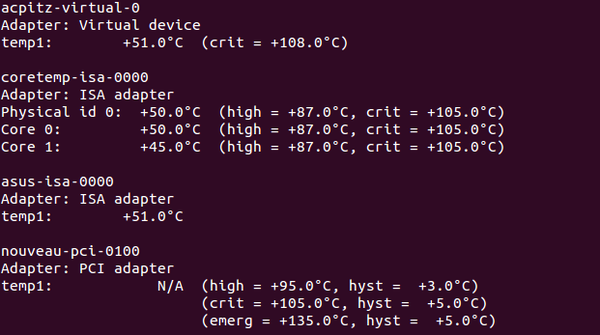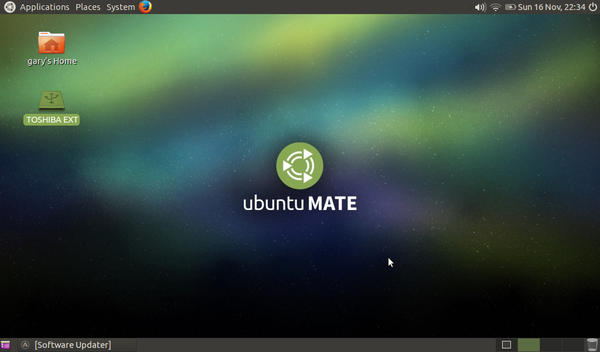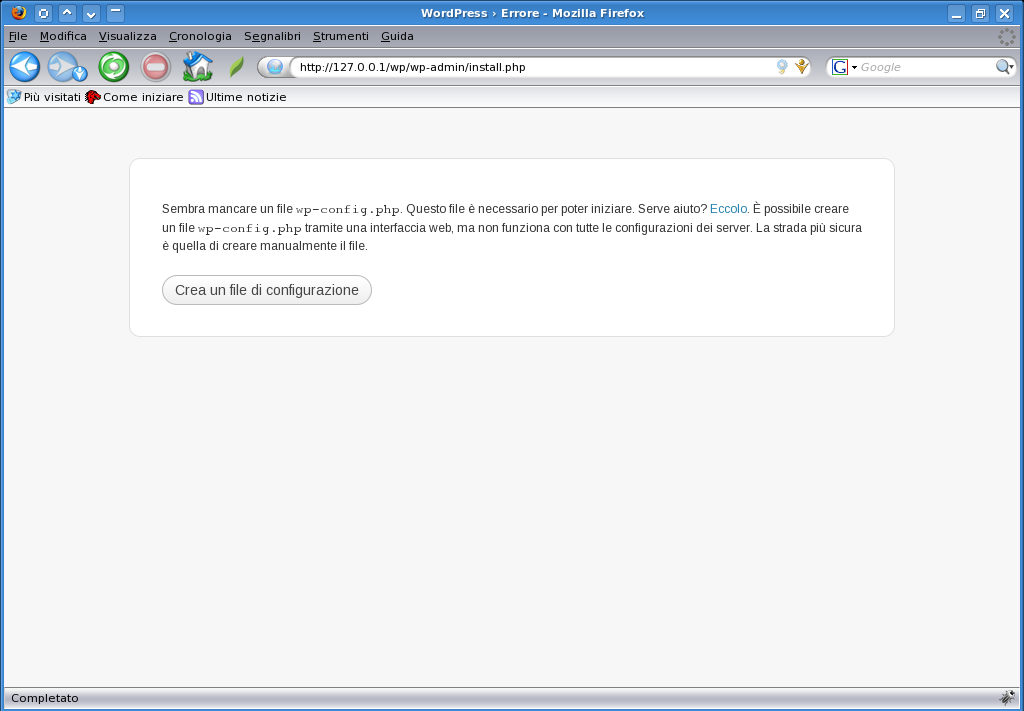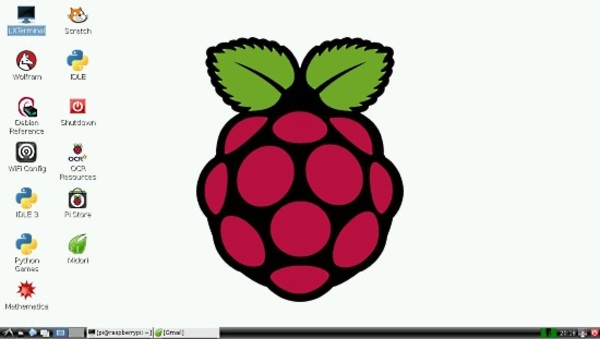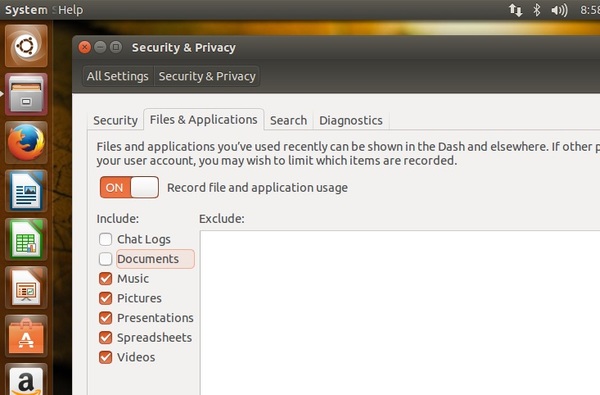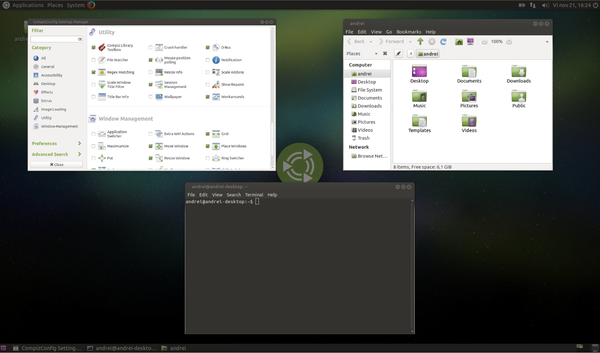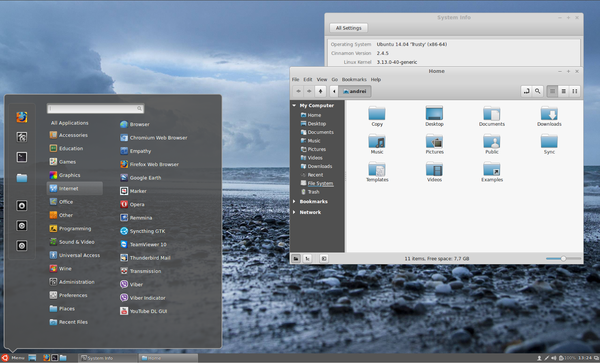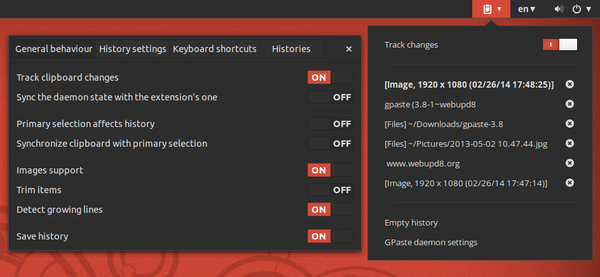Su Linux per installare un set di software complessi legati all’ambito server bastano pochi comandi. Lo stesso non accade su Windows, dunque perché non creare una sorta di APT? E’ questo il nuovo obiettivo dell’azienda di Bill Gates.
![]()
Se solo fino a qualche anno fa, Steve Ballmer e soci etichettavano GNU/Linux come un cancro da estirpare dalla comunità informatica mondiale oggi il pinguino può dimostrarsi un valido alleato per risolvere problemi abbastanza delicati. Riguardo allo sviluppo di software opensource, Microsoft ha appena annunciato il progetto CoApp, acronimo di Common Open Source Application Publishing Platform, una nuova piattaforma di distribuzione dei pacchetti opensource per Windows che ad una prima impressione sembra ricordare APT. Ed in effetti il suo scopo è quello di “creare un vibrante ecosistema dell’Open Source su Windows fornendo le tecnologie necessarie a realizzare un completo Package Management System in mano alla community, accanto ai tool in grado di sfruttare le caratteristiche della piattaforma Windows”. A coordinare l’intero progetto sarà Garrett Serack che, assicura, ha carta bianca su tutte le decisioni. Ciò significa che Microsoft non influenzerà in alcun modo diretto il progetto. Maggiori informazioni su CoApp sono disponibili sul blog di Serack e sul sito web ufficiale.

CoApp will:
- Provide a distributed, community driven package management system for open source applications on the Windows Platform
- Handle multiple versions of binaries using WinSxS (I know, even the mention of side-by-side components evokes fear, anger and the desire to go off-diet, but bear with me, I think we’ve got a solution), including multiple copies of the same version of the same library, compiled with different compilers.
- Support 64 bit and 32 bit systems, without hassle or collisions.
- Place binaries, libraries and header files in a logical and consistent location.
- Have tools and methods for handling dependencies.
- Create reliable installer packages (MSIs) for installing open source software.
- Facilitate sharing of components and allow multiple projects to easily both participate and consume them.
- Allow for upgrades and patching of both libraries and applications.
- Be Windows developer friendly. No forcing of building using �?make’, but rather taking advantage of the nifty IDEs we already have.
- Also be Windows admin friendly. Even if it’s open source, you shouldn’t have to be a developer to put Open Source applications on Windows.
- Use advanced optimization techniques like Profile Guided Optimization to produce optimized binaries.
- Support future technologies as they come along.
- Aid in the adoption of Windows Error Reporting (WinQual) to assist in making software run better on Windows.
- End the eternal struggle between Green and Purple. Unless of course you’re a Drazi and are conducting elections.





























